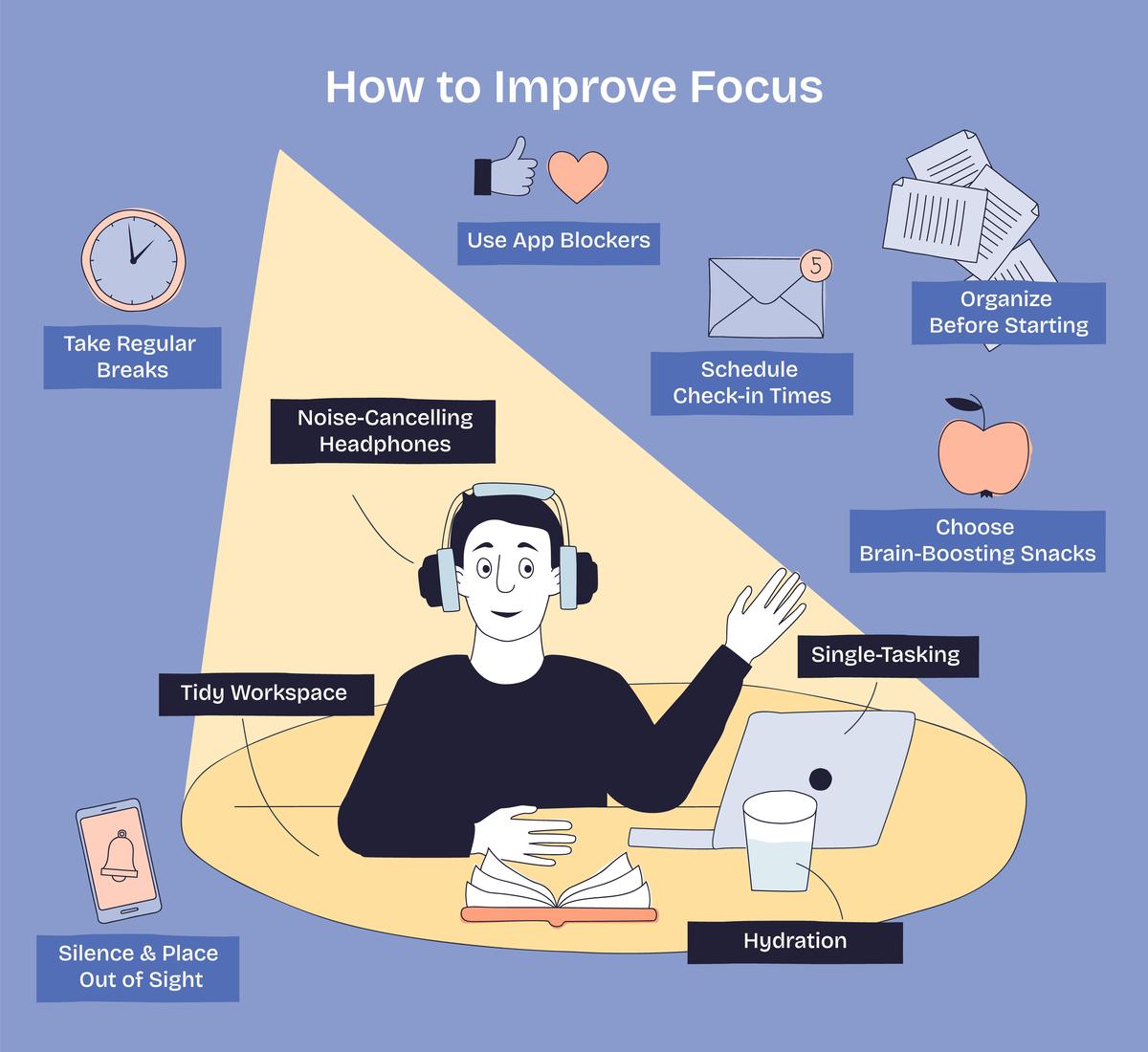Using translation software and AI programs such as Chat TPT is bad for overseas students studying in the UK Discuss800words
Translation software and AI programs such as Chat, TPT (Translation Program Tools) have undoubtedly made communication easier and more accessible for people all around the world. However, when it comes to overseas students studying in the UK, these tools can have negative effects on their language learning and overall educational experience. In this essay, we will discuss the reasons why translation software and AI programs can be detrimental to overseas students studying in the UK.
Firstly, relying heavily on translation software and AI programs can hinder language acquisition. One of the main goals for overseas students studying in the UK is to improve their English language skills. However, by using translation tools, students may become overly dependent on them and neglect the opportunity to practice and immerse themselves in the target language. Language learning requires active engagement and practice, and simply relying on translations can inhibit the development of fluency, vocabulary, and communication skills.
Moreover, translation software and AI programs often fail to accurately capture the nuances and cultural context of a language. Languages are complex systems that cannot be fully captured by a machine translation tool. This can lead to misunderstandings, misinterpretations, and even offensive or inappropriate use of language. Overseas students need to have a deep understanding of the cultural context and use of language in order to fully engage and integrate into the UK academic environment. Relying on translation software may prevent them from acquiring this essential cultural and linguistic knowledge.
Additionally, the use of translation software and AI programs can hinder critical thinking and problem-solving skills. In language learning, it is important to engage with the language actively and think critically about the meaning, structure, and usage of words and phrases. By relying on translation tools, students may miss out on the opportunity to analyze and understand the language independently. This can lead to a passive learning experience and hinder the development of higher-order thinking skills that are crucial for academic success.
Furthermore, the use of translation software can lead to plagiarism and academic dishonesty. Many overseas students struggle with academic writing in a second language, and the temptation to use translation tools to translate their native language into English is high. However, this can result in unintentional plagiarism as the translated content may not be properly cited or paraphrased. Moreover, relying on translation tools can prevent students from developing their own writing skills and critical thinking abilities, which are important for academic success and future career prospects.
Lastly, the use of translation software and AI programs can create a barrier between overseas students and their local peers. Language learning is not only about mastering the mechanics of a language, but also about understanding and appreciating different cultures and perspectives. By relying on translation tools, students may isolate themselves from the local community and miss out on opportunities for cultural exchange and integration. This can lead to a limited social network, hindered personal growth, and a less enriching educational experience.
In conclusion, while translation software and AI programs have brought convenience and accessibility to communication, their use can be detrimental to overseas students studying in the UK. Relying on these tools can hinder language acquisition, limit cultural understanding, hinder critical thinking skills, lead to plagiarism, and create social barriers. It is therefore important for overseas students to strike a balance between using these tools for occasional assistance and actively engaging in language learning and cultural immersion

原文地址: https://www.cveoy.top/t/topic/hKpL 著作权归作者所有。请勿转载和采集!